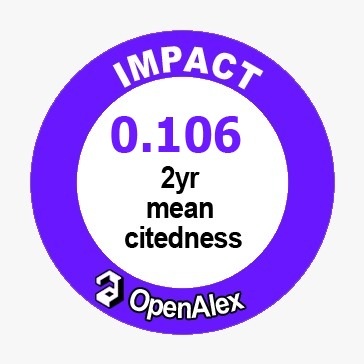Lobbying practises in Slovenia: A comparative analysis between mayors and members of parliament
DOI:
https://doi.org/10.55220/2576683x.v8.176Keywords:
Corruption, Decision-making, Deputies, Lobbying, Mayors, State.Abstract
This study closely examines the influence of lobbyists on the decision-making processes of policymakers in Slovenia. It specifically looks into the processes that concern drafting and adopting legislation and public policies. The aim of the research is to determine whether the influence of lobbyists can lead to the domination of a specific sector or even an entire country. By conducting an empirical study, this paper offers a new perspective on the practices of lobbyists in Slovenia, shedding light on the less visible processes that often directly impact policy outcomes. The research targets decision-makers regularly approached by lobbyists—Members of Parliament (MPs) and mayors. The results reveal a significant lack of understanding of lobbying among these decision-makers. Less than half of the participants successfully recognized informal lobbying practices. This raises many concerns as decision-makers who reported interacting with lobbyists most likely interacted with both registered and informal lobbyists. Conversely, those who reported no contact with lobbyists may have encountered informal lobbying but failed to recognize it as such. Somewhat paradoxically, the study shows that most respondents agreed with the claims that informal lobbying is the greatest threat and that certain sectors are already under the control of specific interest groups. This study may serve as a valuable resource for legislators working on lobbying law. Additionally, the study should serve as a reminder of the frequently undertheorized area of informal lobbying and should encourage further research.







